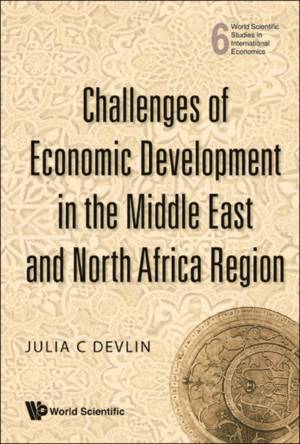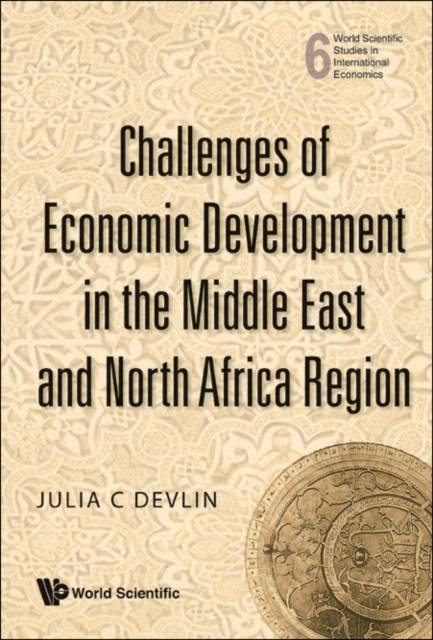
Bedankt voor het vertrouwen het afgelopen jaar! Om jou te bedanken bieden we GRATIS verzending (in België) aan op alles gedurende de hele maand januari.
- Afhalen na 1 uur in een winkel met voorraad
- In januari gratis thuislevering in België
- Ruim aanbod met 7 miljoen producten
Bedankt voor het vertrouwen het afgelopen jaar! Om jou te bedanken bieden we GRATIS verzending (in België) aan op alles gedurende de hele maand januari.
- Afhalen na 1 uur in een winkel met voorraad
- In januari gratis thuislevering in België
- Ruim aanbod met 7 miljoen producten
Zoeken
Challenges of Economic Development in the Middle East and North Africa Region
Julia C Devlin
€ 311,45
+ 622 punten
Omschrijving
This book surveys major economic issues in the development of countries in the Middle East and North Africa (MENA) region since World War II. It presents a framework of analysis highlighting underlying continuities in the region's approach to issues of growth, management of oil and natural resources, post-conflict environments, progress in trade liberalization and regional integration, the use of industrial policy, labor market adjustment and unemployment, educational attainment and poverty incidence. At the same time, this book focuses on emerging differences across countries in the region in the prevailing approach to addressing such challenges most notably between the economies of the Gulf Cooperation Council and other MENA countries.This book also incorporates a discussion of tools and methods used by development practitioners and briefly examines issues of aid effectiveness. The approach used is intended to appeal to a wide audience including students of economic development, political scientists and development practitioners.
Specificaties
Betrokkenen
- Auteur(s):
- Uitgeverij:
Inhoud
- Aantal bladzijden:
- 568
- Taal:
- Engels
- Reeks:
- Reeksnummer:
- nr. 8
Eigenschappen
- Productcode (EAN):
- 9789812793447
- Verschijningsdatum:
- 30/01/2010
- Uitvoering:
- Hardcover
- Formaat:
- Genaaid
- Afmetingen:
- 157 mm x 231 mm
- Gewicht:
- 929 g

Alleen bij Standaard Boekhandel
+ 622 punten op je klantenkaart van Standaard Boekhandel
Beoordelingen
We publiceren alleen reviews die voldoen aan de voorwaarden voor reviews. Bekijk onze voorwaarden voor reviews.









